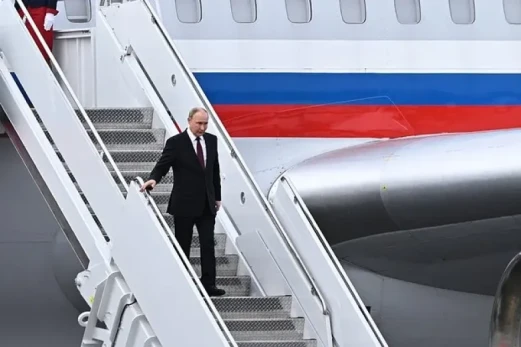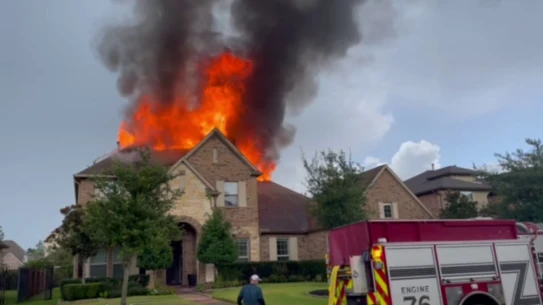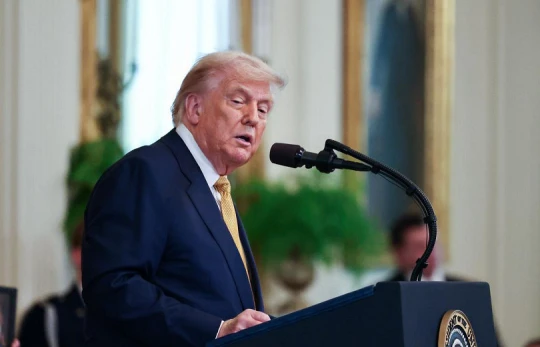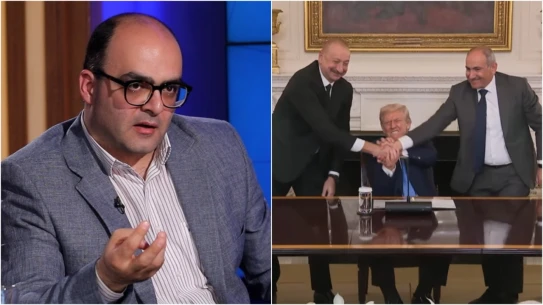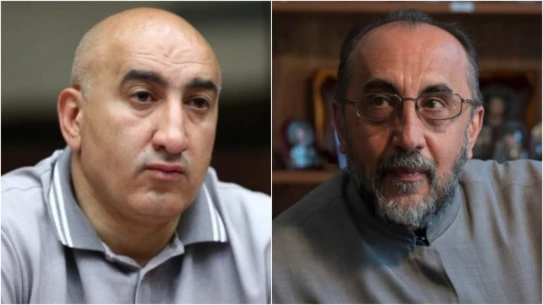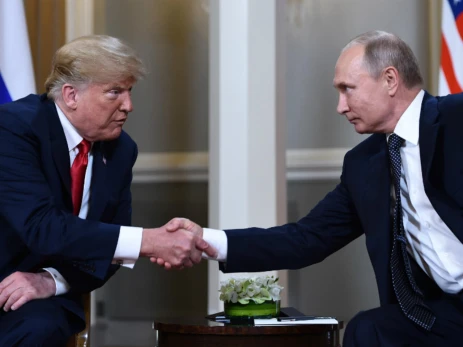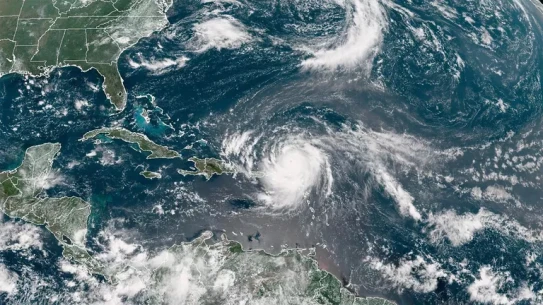The "Fact" daily writes:
Recently, especially in the social network, the world-famous Argentinean football player Messi was accompanied by the spread of Tumo's world-famous football player Messi.
The famous football player was the link to Tumo's social network ("Instagram") on the electrical page.
The villains assumed that he was simply "betrayed", but he explained that Tumo would soon open a center in Buenos Aires, and some were simply connecting it with his brother's name, and so on. But the essential thing is not. The essential thing was the enthusiastic reactions to the concerned about this regard. An enthusiasm about Messi's praise, if we do not say, diapors. Or will he "live Messi, give me, see and envy?"
And everyone "forgot" that it was the same Lionel Messi that he visited Azerbaijan, Baku in mid-December, and went to the Sheheca's Park, to put a flower.
In those days, let us remind the public and especially the social network community whatever they say, that he did not say. It can be noted that we were a nationwide Messi in the wide.
But one, hop, a post, and that's what the previous one was forgotten, it was deleted from memories. As they say, the hate God is a semi-wide ...
But in this case, the issue is not absolute Messi. The one who is interested in "short memory" is the prevalence of.
Unfortunately, there are few examples of it and it is not only the above.
Let's take even Ukraine and the war there. There are fewer compatriots who make emotional posts, "Woe, Ukraine, Woe to the poor Ukraine!" But they are "forgetting" that it is the same Ukraine, which has always had a pro-Azerbaijani stance, to provide weapons and specialists to Azerbaijan, it is the same Ukraine that it supplied "phosphoric" or heat bombs to the criminal Azerbaijan. The same is Ukraine that one of the first to congratulate Azerbaijan against the Armenians, Artsakh and Armenia in 2020. to win the war.
Well, let's say Messi is at least playing indescribable football, you are a fan of that sport and his sport talent. But Ukraine, to repeat, has always been a state and clear, our enemy against Armenia and the Armenians, which is an undeniable fact.
But the main issue of our reference is not these examples, but the "forgetfulness" phenomenon. It is not really what it is. For example, we can impress that we, as a society, are too many and more than-forgetful or forgiveness.
Or, too, we are excited about something too much, then disappointed at the same sharp speed. Maybe some say we are Christian forgiveness. By the way, this is in the case when people in the same society are able to remember for years and keep their vehicle accidentally touched by accident or posting their post on Facebook.
We don't even say that they are capable of killing "crooked." And, in terms of public memory and perceptions, it turns out that we are forgiving and "forgetful": We think that this phenomenon has nothing to do with Christianity and forgiveness.
We're just in extremes. And as a society, we are very fast from one extreme falls into another. Road, the "forgetfulness" can also be linked to the use of telecommunications technology, the use of "shed" information flood, political and manipulative technologies.
There are those hypotheses, of course. But that's what the question arises about the phenomenon of public "forgetfulness". Perhaps the hope of the current authorities is that they will be forgotten a little, we will forget what they have done what disasters are on the head of the state, the country and the people.
Perhaps the hope of Pashinyan and the Pashinyan is that they will forget the enemy that they had denied Artsakh that Armenia had put our bright boys to death and stated that it would be the same, but without sacrifices. "
Perhaps hope is that we will forgive Turkey and Azerbaijan, genocide against our nation and other crimes. We will forgive, we will forget.
We don't think it will happen in the sum. Even if the Pashinyan government continues to realize the national identity at the level of state institutions and a policy towards disrupting national memory.
After all, the nation has both genetic and historical, collective memory, holders, preservatives and bright stores.
But on the other hand, the "short memory" of the society and its, the order of the above described the order cannot be deeply worried.
At the individual's level, the "short memory" threatens only the individual. But the "short memory" of the society can be devastating for all those who make up.
Armen Hakobyan

















